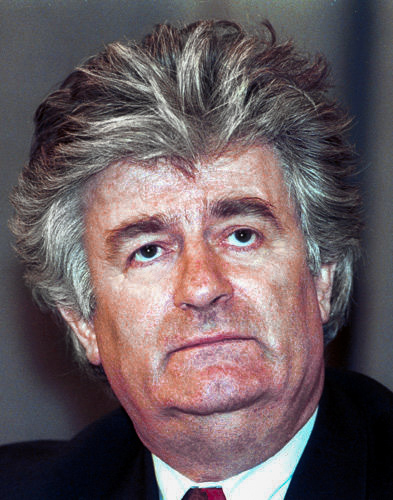Karadžić trial: If I were a prosecutor
By Sean L Hanley, on 30 October 2012
Former Bosnian Serb leader Radovan Karadžić has presented evidence in his defence to the International Criminal Tribunal for the Former Yugoslavia – it almost amounts to a second prosecution case, finds Eric Gordy.
If I were a defence lawyer for Radovan Karadžić – currently on trial for genocide and war crimes at International Criminal Tribunal for the former Yugoslavia in The Hague – I would be inclined to offer the advice most defence lawyers offer to defendants in criminal cases: do not present a defence unless you have to. The prosecution is required to prove guilt beyond a reasonable doubt, and the defence does not have to prove anything to get an acquittal – all the defence has to do is raise doubt. When it starts presenting its own evidence, it raises the risk of providing additional material for the prosecution.
This is especially the case if the defendant is, like Radovan Karadžić, guilty. Prosecutors love it when this kind of defendant decides to offer a case. It becomes a second prosecution case, offering the prosecutors both new evidence and the chance to introduce in rebuttal evidence that they were not able to introduce when it was their turn.
So let’s have a peek at the some of the evidence that Karadžić submitted on 15 October in his defence. He gives us a written statement by Blagoje Kovačević, a Republika Srpska Army (VRS) colonel who ranked high among the commanders in the siege of Sarajevo from 1992 to 1995. (more…)
 Close
Close


